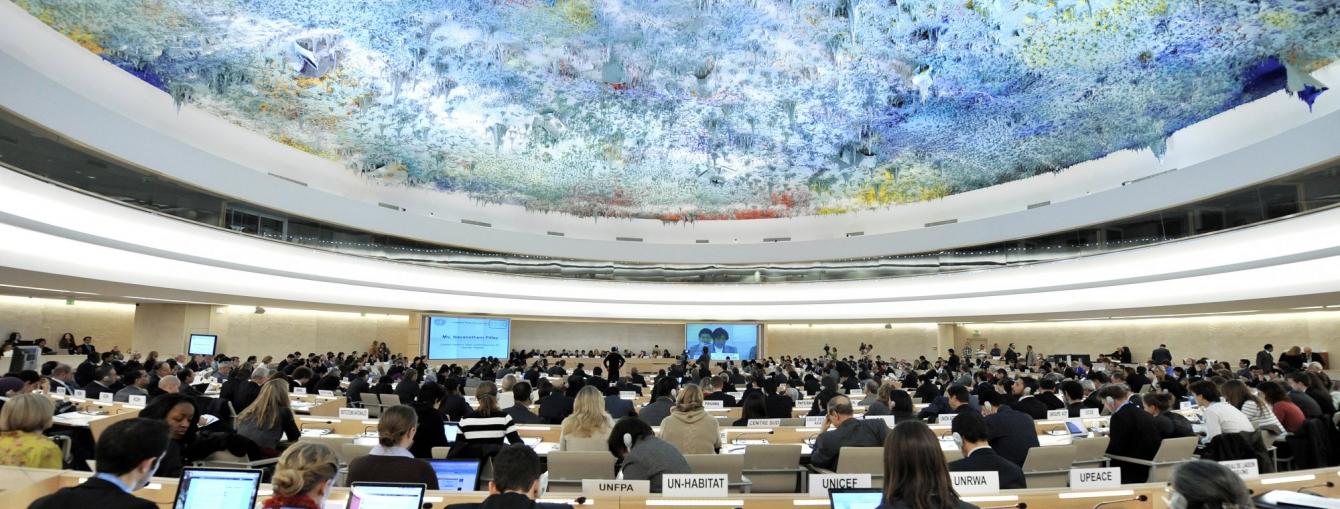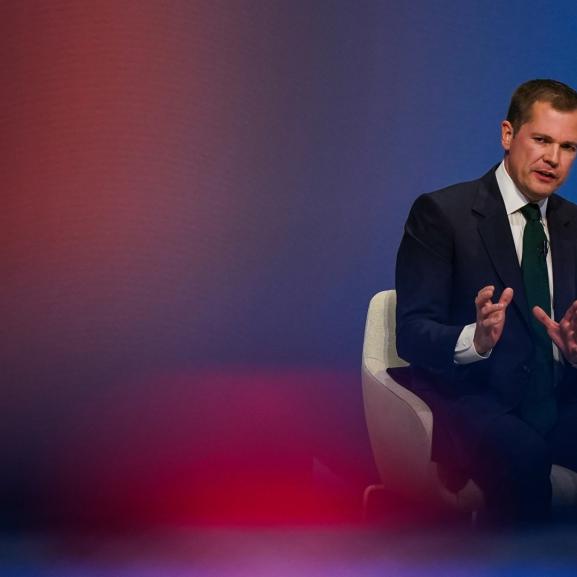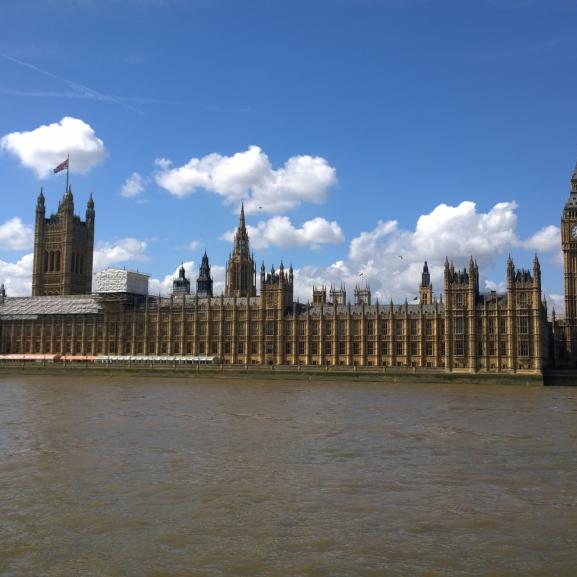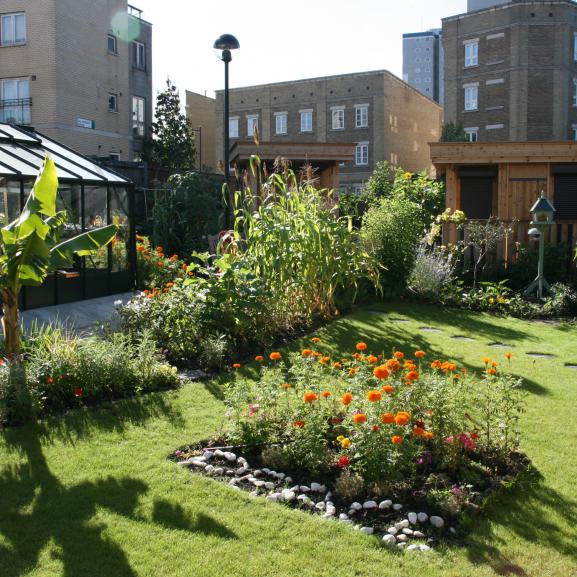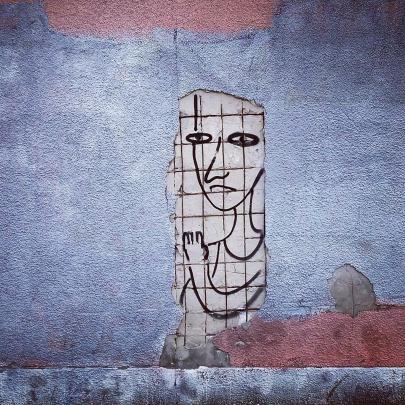UN War Crimes Resolution: a vindication of Sri Lankan survivors of torture who have spoken out
Freedom from Torture, the UK-based human rights organisation, welcomes the acceptance of the UN report on war crimes in Sri Lanka at the UN Human Rights Council in Geneva today, as a major step forward in the quest for accountability and a sustainable reconciliation process. The resolution was passed by consensus with the support of the new Sri Lankan government.
Sonya Sceats, Director of Policy and Advocacy at Freedom from Torture, said:
"Today's resolution on Sri Lanka is a vindication of the brave torture survivors who placed their testimony in the hands of the UN and trusted the international community to act by impressing the importance of international participation in a proper justice process.
For decades, torture has been practised routinely by the police, military and security services in Sri Lanka. The resolution acknowledges that torture is still ongoing and accepts that international judges and other experts should be involved in any justice process if it is to be credible for survivors of torture and other atrocities.
However, this resolution is not perfect and crucial details of how a hybrid court will work in practice still need to be determined. There is still a long way to go. But the principle of justice for the victims is there and we believe that it can provide the basis for a sustainable solution and lasting peace in Sri Lanka"
The UN report, to which Freedom from Torture submitted detailed evidence based upon the testimonies of 148 Sri Lankan torture survivors in the UK, was released in mid-September 2015 and provided graphic and detailed accounts of torture and abuses during and after the Sri Lankan civil war and recommended an accountability process with a strong international component, including a so-called "hybrid court".
Background
The UN Human Rights Council commissioned the investigation in March 2014, to cover the Sri Lankan civil war (2002-9), including the final bloody weeks in May 2009, and the post-war period up to 15 November 2011.
Freedom from Torture is one of the largest torture rehabilitation centres in the world and has received almost 800 referrals for Sri Lankans in the last three years, more than for any other nationality. The charity submitted extensive forensic evidence to UN investigators of ongoing torture in Sri Lanka since the end of the war, evidence which was cited in the UN report released on 16 September 2015.
In the intervening period the Human Rights Council considered the report and the format of a new resolution on Sri Lanka. As it was to be a resolution to be adopted by consensus, agreement had to be reached with the government of Sri Lanka.
The overall shape of an accountability process for abuses exposed by the UN investigation has already emerged as one of the most divisive issues. Sri Lanka wanted to run a domestic process, but survivors of torture in treatment with Freedom from Torture and representatives of victim and survivor communities inside Sri Lanka made it clear that only a strongly internationalised process can advance the common cause of reconciliation.
For further information on torture in Sri Lanka documented by Freedom from Torture, read Tainted Peace: Torture in Sri Lanka since May 2009.



